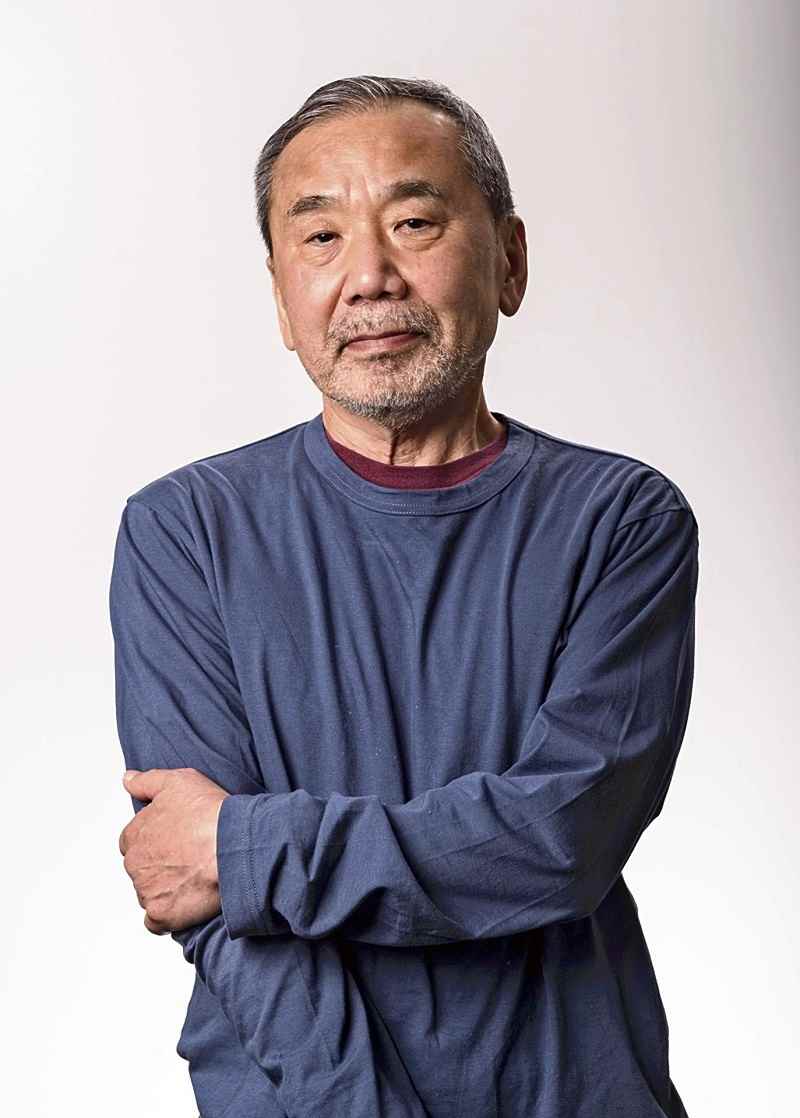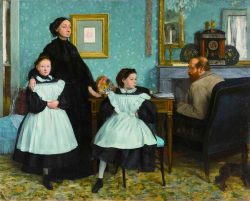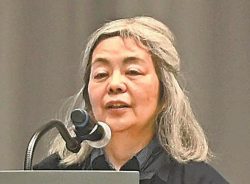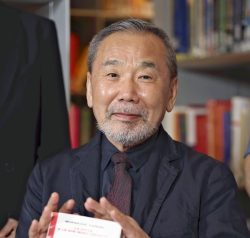
Haruki Murakami
10:30 JST, June 16, 2022
Haruki Murakami has long admired American writer F. Scott Fitzgerald (1896-1940).
The Japanese novelist has been reading and translating the works of the U.S. literary giant since he was young. Most recently, he translated “The Last Tycoon,” a late-career, uncompleted novel (published by Chuokoron-Shinsha, Inc.).
“‘The Last Tycoon’ is an unfinished novel, and thus brims with potential,” said Murakami, 73.
The story unfolds in mid-1930s America, following an unprecedented economic boom and the Great Depression. Cecilia, a college student and film producer’s daughter, meets a Jewish man named Monroe Stahr on a flight, and instantly falls in love. Stahr is a shrewd film producer, as well as Cecilia’s father’s business partner and rival.
“Fitzgerald’s novel centers around romance,” Murakami said. “[Many of] his stories are driven by a character’s desire for a particular something. This can take the form of a character’s unusual admiration for a person, or their strange behavior, for instance. For me, the ‘heart’ or ‘mindset’ [of a story] is much more important than the theme or subject.”
The novel explicates Cecilia’s view of Stahr, who, having risen from humble beginnings, is a workaholic who only thinks about movies. Emotionally unfilled, he falls in love with another woman, but this ultimately proves a fruitless affair.
The character overlaps somewhat with the protagonist of “The Great Gatsby,” Fitzgerald’s masterpiece about a man who fails to find success with the woman he desires. However, Murakami believes there is a big difference between “The Great Gatsby,” published when Fitzgerald was just 28, and “The Last Tycoon,” which he had not finished writing when he died at the age of 44.
“‘Gatsby’ is a kind of fairy tale about a man who rises through the ranks of the underworld and makes a lot of money,” Murakami said. “In contrast, Stahr is part of the film industry. ‘The Last Tycoon’ does a great job of depicting America in the 1930s, when big businesses grew and communism gained a strong foothold.”
Fitzgerald made his literary debut after World War I, publishing “The Great Gatsby” and a series of short stories depicting people’s lives and loves in prosperous 1920s America. Fitzgerald’s flamboyant lifestyle and his relationship with his wife, Zelda, also attracted attention.
His star waned during the 1930s and the Great Depression, and his marriage deteriorated. He attempted a comeback by writing screenplays in Hollywood, which, according to Murakami, gave his work broader scope.
“Fitzgerald searched for something to write about during the economic boom and the subsequent recession,” Murakami said. “I think he found new material when he went to Hollywood, and felt confident about the novel [‘The Last Tycoon’].
“When I was 44, I was working on ‘The Wind-Up Bird Chronicle.’ In those days, I felt I was getting better and better at manipulating sentences every time I wrote. It’s truly unfortunate that Fitzgerald died suddenly at such an age.”
He continued: “We lived though the student movements, the bubble economy, the lost decade, the deadly sarin gas attack by the Aum Supreme Truth cult in the Tokyo subway system and the Great East Japan Earthquake. As the environment around us changes, I think it’s important how we, like Fitzgerald, change ourselves and find new values.”
Murakami reiterated that Fitzgerald’s work taught him about “heart” or “mindset,” saying, “You feel sad when something you wanted loses its luster as soon as you get it. That kind of feeling stays with you forever. I wrote ‘Norwegian Wood,’ and though I may have forgotten most of the plot, the ‘mindset’ that I had at the time of writing remains with me. I’m too embarrassed to say what that was like … but it was a novel I had to write at least once in my lifetime.”
In March, “Drive My Car” — based on a Murakami short story and directed by Ryusuke Hamaguchi — won best international feature at the U.S. Academy Awards. “The film’s synopsis and dialogue are different from my original work, and I found the gap between the two creations interesting,” Murakami said.
Against the background of Russia’s invasion of Ukraine, Murakami played anti-war songs on his radio program, attracting sympathy. “I think the same thing as most people think,” he said. “It’s a meaningless war, and I want it to end as soon as possible.
“We’ve been involved in a kind of anti-war movement since the 1960s. It makes me feel sad, as it seems nothing has changed, and the songs of Bob Dylan and John Lennon still ring true today. But we’ve no choice but to keep on saying [we’re against war].”
Top Articles in Culture
-

BTS to Hold Comeback Concert in Seoul on March 21; Popular Boy Band Releases New Album to Signal Return
-

Lifestyle at Kyoto Traditional Machiya Townhouse to Be Showcased in Documentary
-

‘Jujutsu Kaisen’ Voice Actor Junya Enoki Discusses Rapid Action Scenes in Season 3, Airing Now
-

Tokyo Exhibition Offers Inside Look at Impressionism; 70 of 100 Works on ‘Interiors’ by Monet, Others on Loan from Paris
-

Japanese Film ‘Kokuho’ Receives Oscar Nod in Makeup, Hairstyling Category; Makeup Artist Kazu Hiro Also Nominated
JN ACCESS RANKING
-

Japan Institute to Use Domestic Commercial Optical Lattice Clock to Set Japan Standard Time
-

Israeli Ambassador to Japan Speaks about Japan’s Role in the Reconstruction of Gaza
-

Man Infected with Measles May Have Come in Contact with Many People in Tokyo, Went to Store, Restaurant Around When Symptoms Emerged
-

Prudential Life Insurance Plans to Fully Compensate for Damages Caused by Fraudulent Actions Without Waiting for Third-Party Committee Review
-

Woman with Measles Visited Hospital in Tokyo Multiple Times Before Being Diagnosed with Disease


























